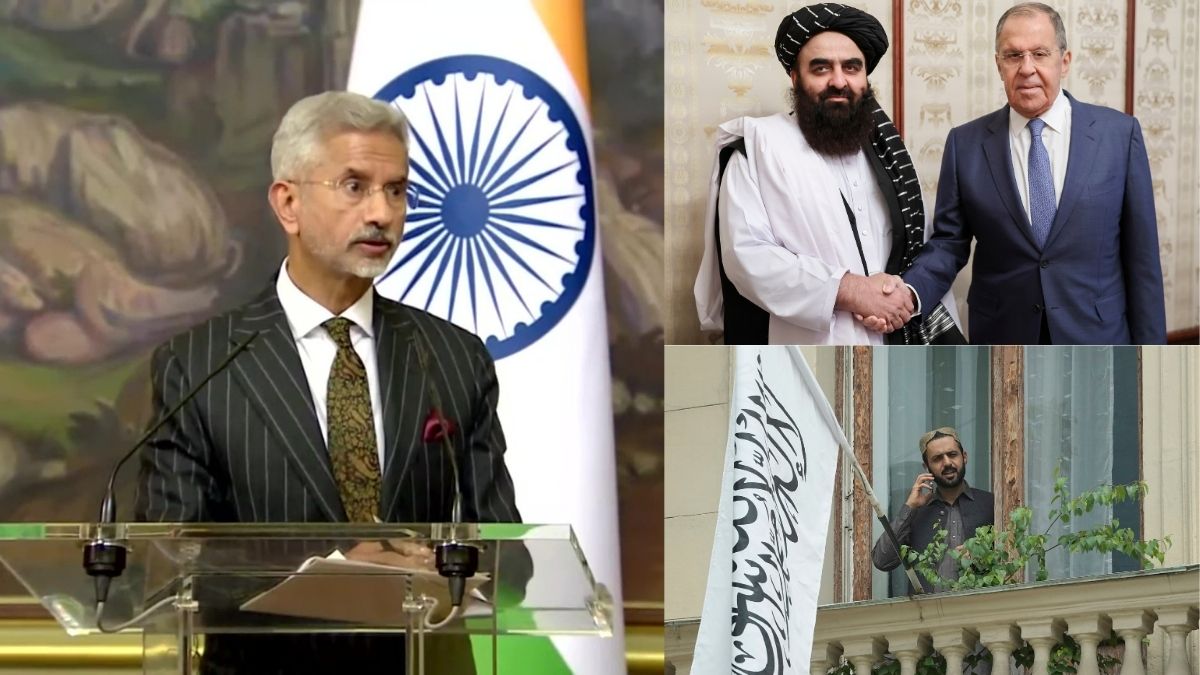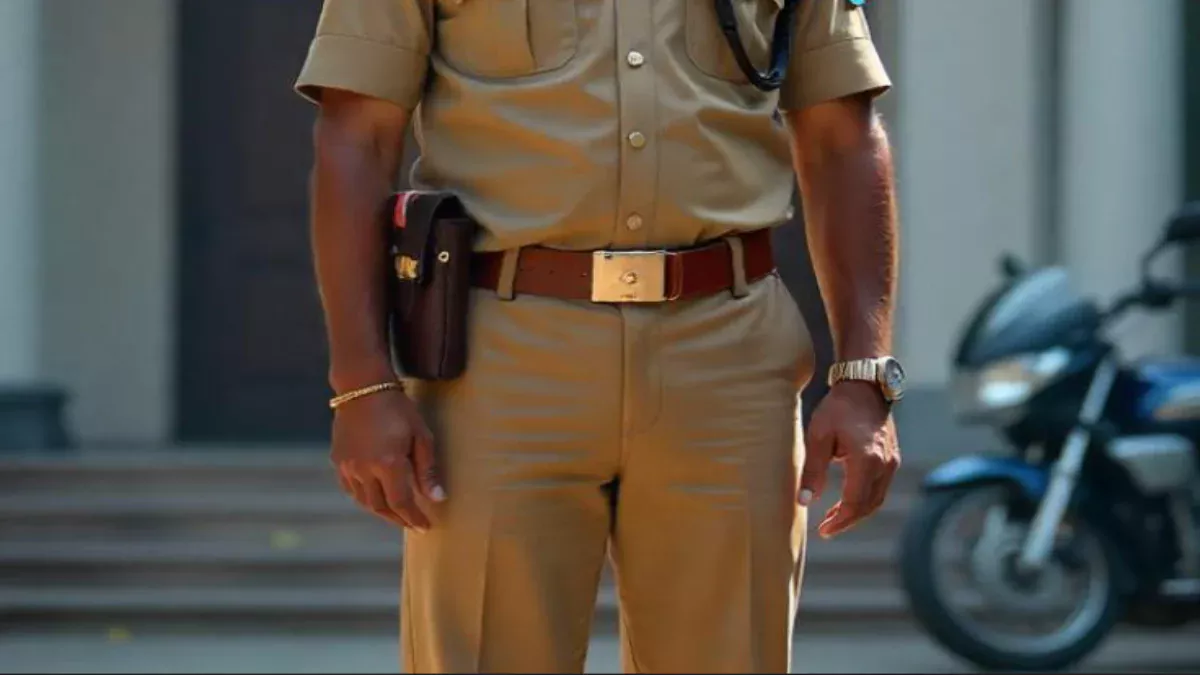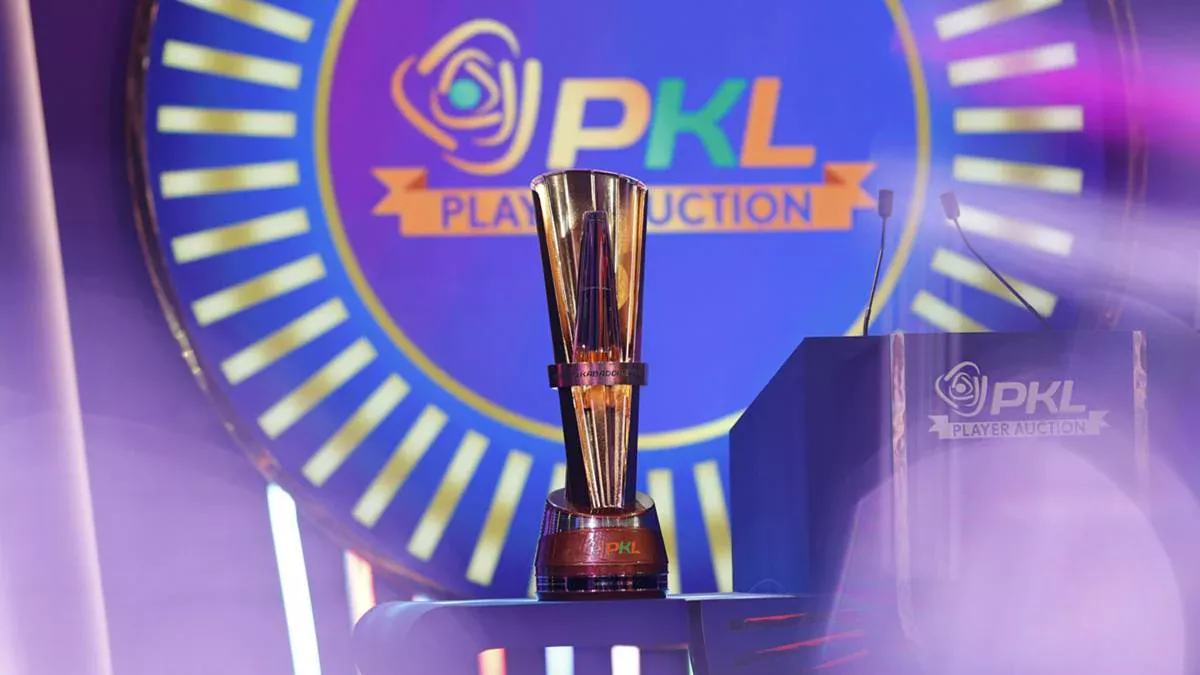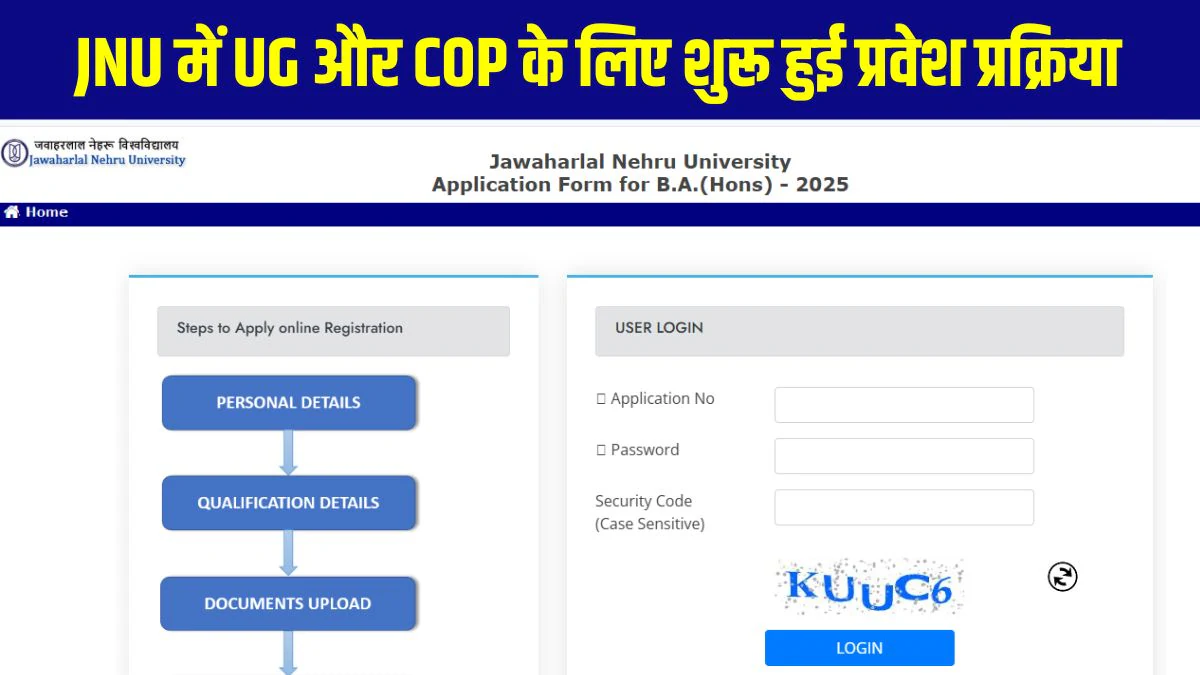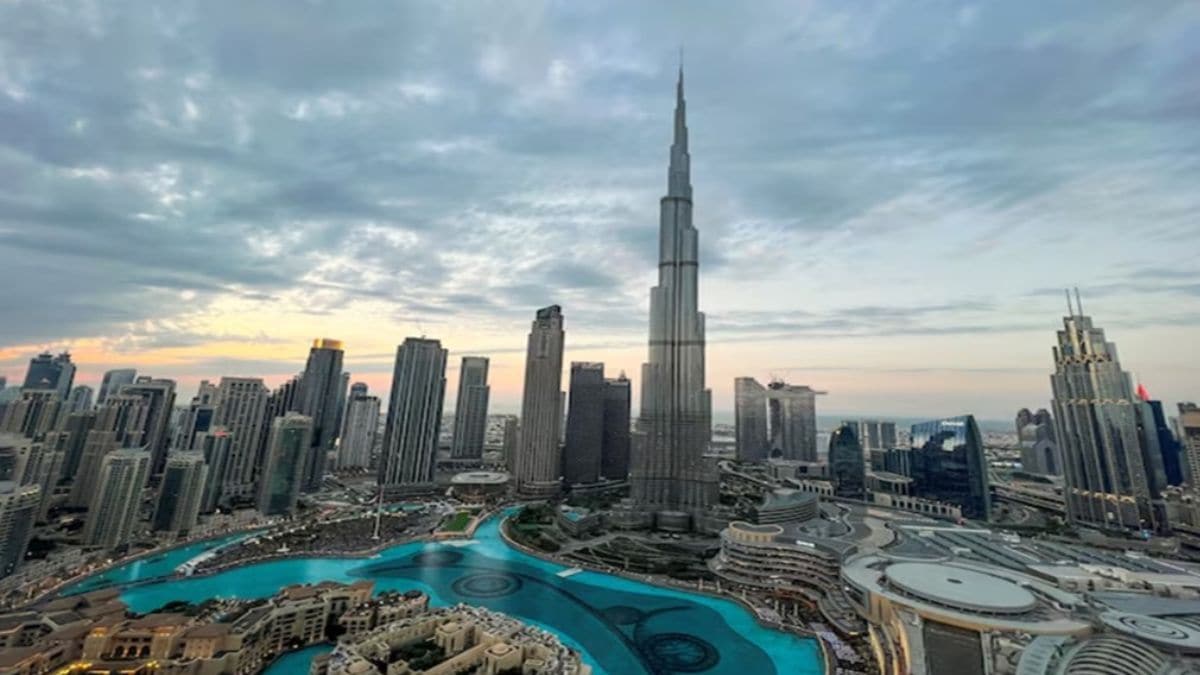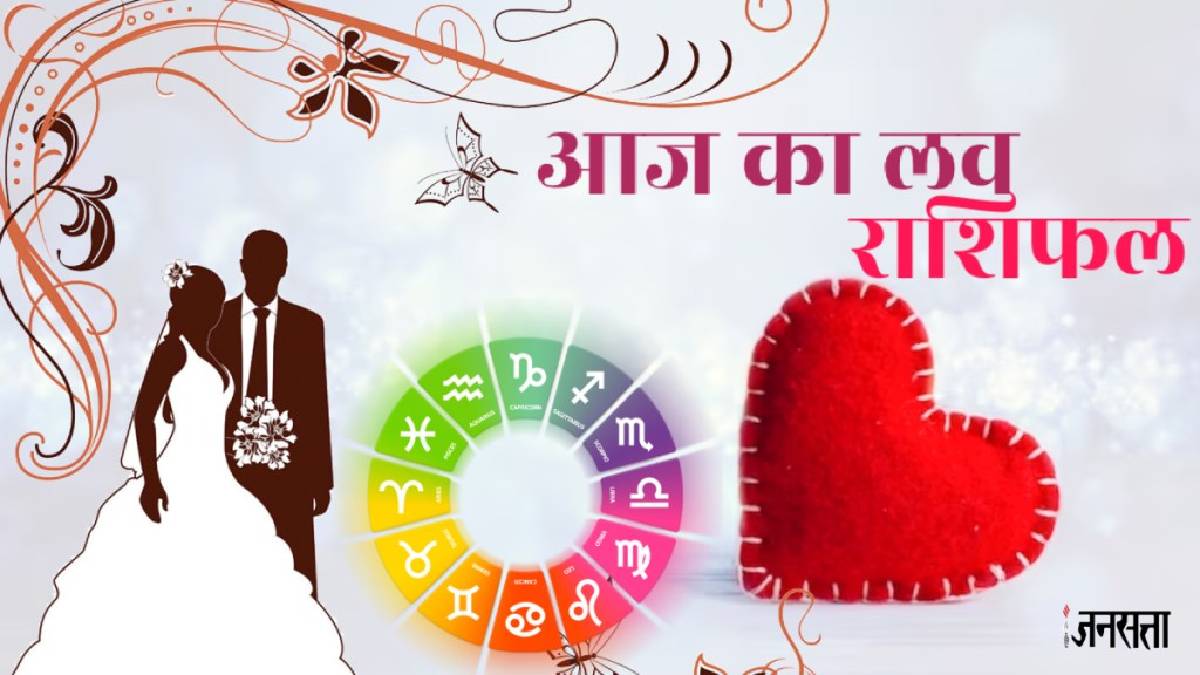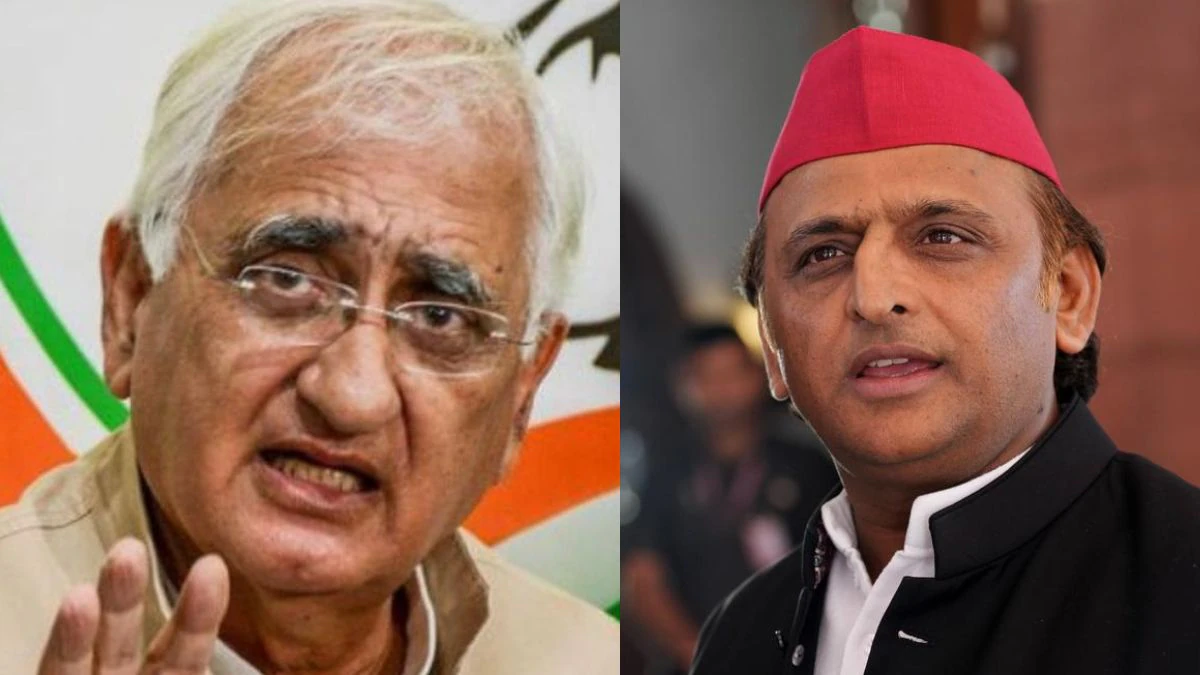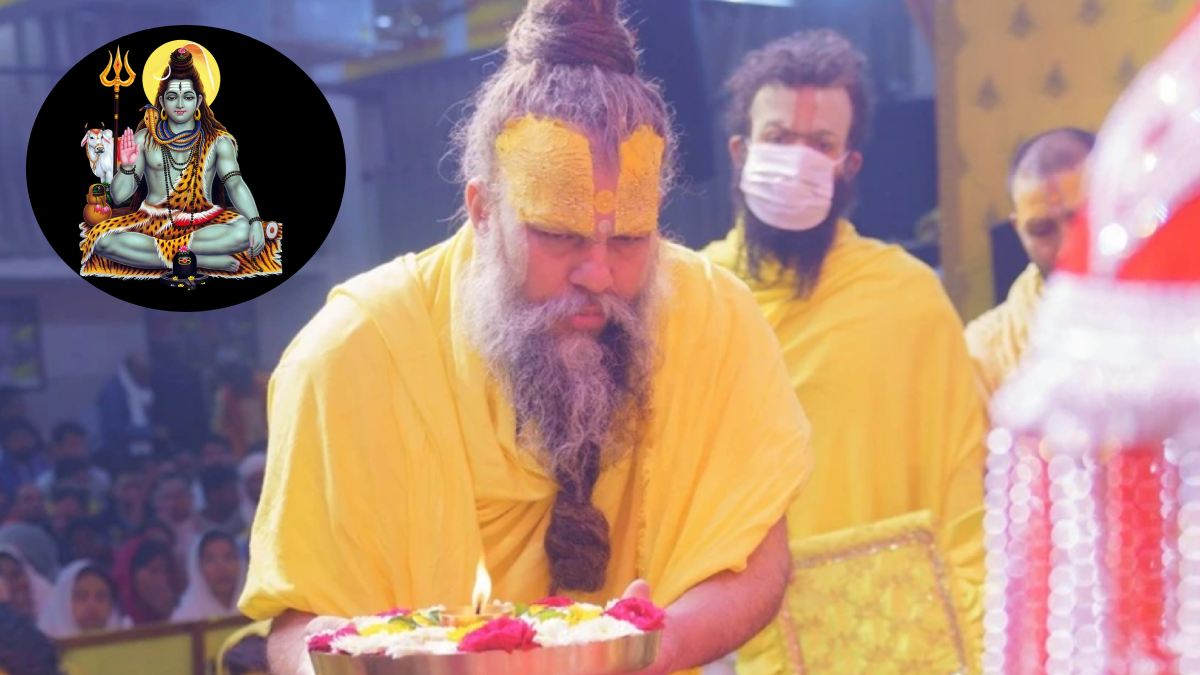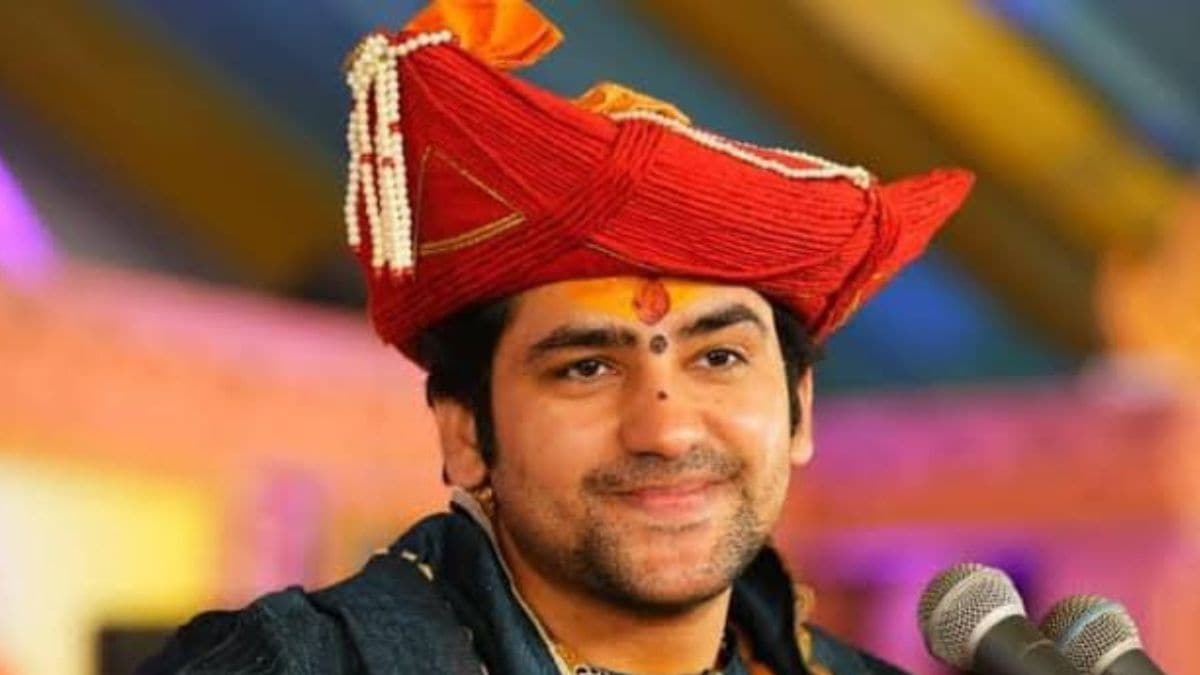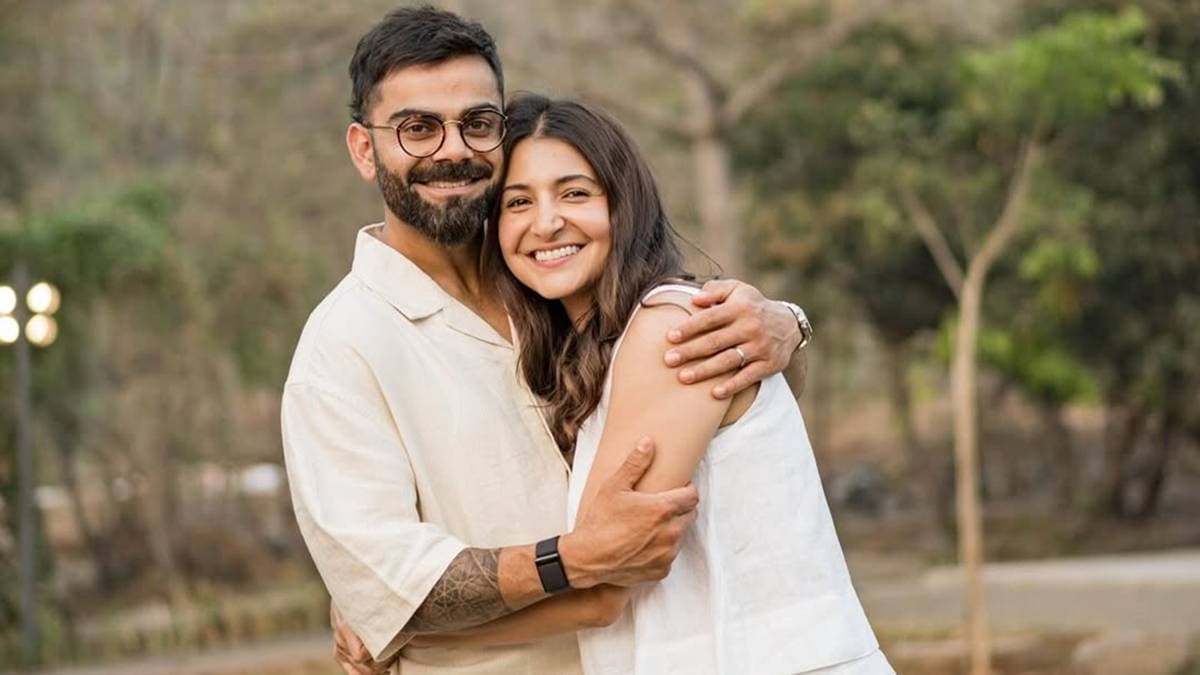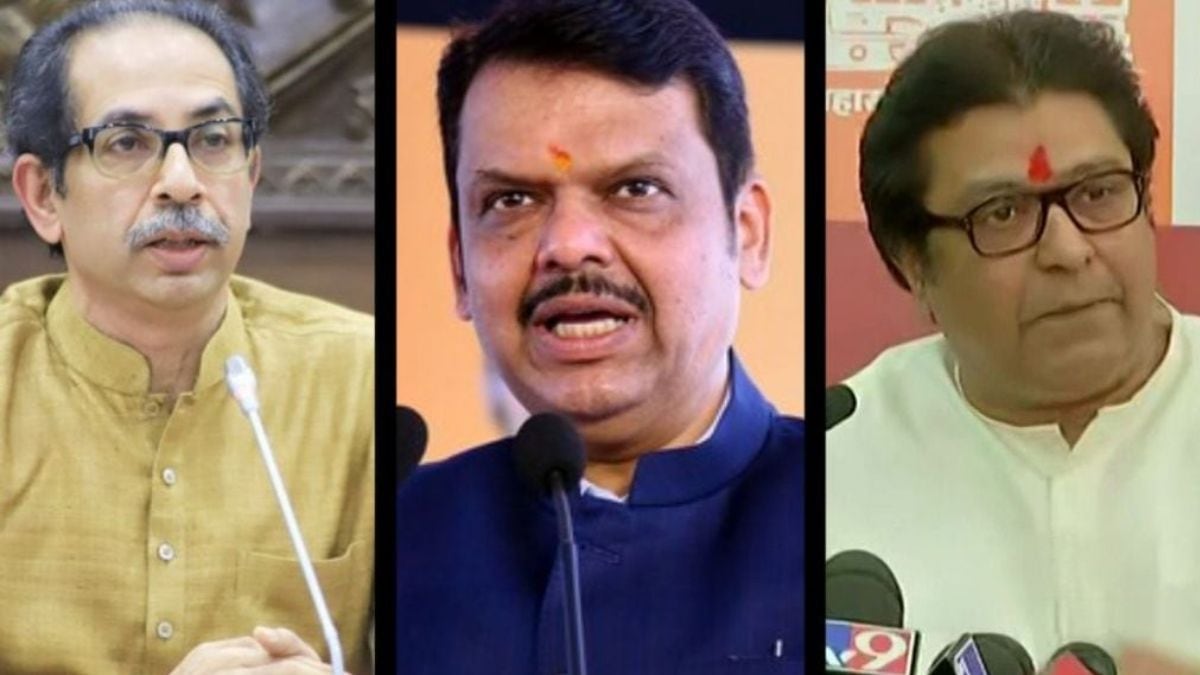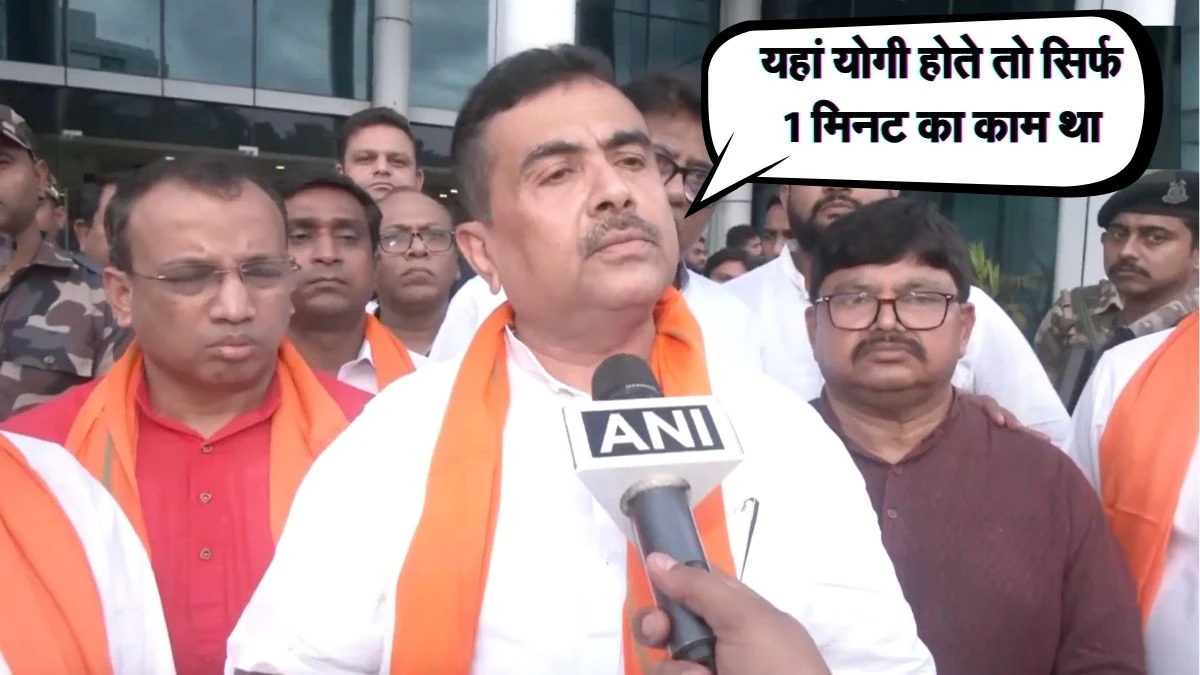Late Friday night, the BJP central election committee — which includes Prime Minister Narendra Modi and Union minister JP Nadda — met to finalise the remaining candidates for the Delhi Assembly elections.
In its first list of 29 candidates that was released on January 4, the BJP fielded at least six turncoats from the incumbent Aam Aadmi Party (AAP) and the Congress who recently joined the party.
The BJP has pitted its former West Delhi MP Parvesh Verma against AAP supremo and ex-chief minister Arvind Kejriwal from the New Delhi constituency besides fielding ex-South Delhi party MP Ramesh Bidhuri against CM Atishi from Kalkaji, thereby setting up high-voltage, three-cornered battles in these seats.
The BJP’s first list also featured former Delhi Congress president and East Delhi strongman Arvinder Singh Lovely from Gandhi Nagar and ex-Congress minister Rajkumar Chauhan from Mangolpuri. Both of them had switched to the BJP in the run-up to the 2024 Lok Sabha polls. They were ministers in the previous Congress government led by late Sheila Dikshit.
In 2020, the AAP had swept the Delhi polls for the second consecutive time, bagging 62 seats, with the BJP getting eight and the Congress drawing a blank.
A series of mosque-temple disputes have dominated headlines as the constitutional validity of the Places of Worship Act comes under question.
However, in December 2024, the Supreme Court barred civil courts from registering fresh suits challenging the ownership and title of any place of worship, and from ordering surveys of disputed religious places until further orders, leaving 11 major suits pending at sites across the country.
However, several of these disputed sites falling in states are headed for Assembly elections, including Delhi in February. Uttar Pradesh, which alone has seven such ongoing disputes, is scheduled to go to Assembly polls in 2027, with the legal cases likely to be examined or ruled on by then. In February along with Delhi, UP’s Milkipur Assembly seat under the Faizabad Lok Sabha constituency is scheduled to hold its long-awaited bypoll, which will see a fierce contest between the BJP and the Samajwadi Party (SP).
Among the 11 disputed sites is one in poll-bound Delhi at the Quwwat-ul-Islam Mosque located inside the Qutub Minar complex in Mehrauli.
In 2020, a suit was filed on behalf of the deity Lord Vishnu seeking the restoration of Hindu and Jain deities inside the mosque, claiming that 27 Hindu and Jain temples were destroyed to construct the mosque. While a Civil Judge in Delhi rejected the suit in 2021, a challenge to this order is pending before an Additional District Judge.
The Quwwat-ul-Islam Mosque falls within the Mehrauli Assembly constituency and the South Delhi district, which has a total 10 Assembly seats. While Mehrauli itself has an estimated Muslim population of 6.9 per cent, the community comprises about 16.3 per cent of the South Delhi district’s population, as per the 2011 Census.
The ruling Aam Aadmi Party (AAP) won the Mehrauli seat in 2015 and 2020, months before the suit was filed. The BJP won it in 2013 when the Delhi polls threw up a hung Assembly. But during the Congress’s three consecutive terms in power from 1998 to 2013, the party won this seat in 2003 and 2008, and the BJP won it in 1998. The BJP also won this seat in 1993 in Delhi’s first election since its Assembly was established. Across all these elections, only the 1998, 2008 and 2013 polls saw tight contests, with the remaining ending in one-sided victories.
In the 2024 Lok Sabha elections though, when the BJP again won all the 10 seats in Delhi, Mehrauli was one of the seven (out of 10) Assembly segments where the BJP was ahead of other parties in South Delhi.
Across the South Delhi district as a whole, while the AAP won a majority of the seats in the last two Assembly polls, the BJP was the strongest party here in 2013. In 2003 and 2008, though, the BJP and Congress almost evenly split the district’s seats, with the Congress marginally ahead. In 1998, the Congress was the clear leader, while in 1993 it was the BJP.
Anjishnu Das looks at the history of these disputed sites
Stay informed with access to our award-winning journalism.
Avoid misinformation with trusted, accurate reporting.
Make smarter decisions with insights that matter.



